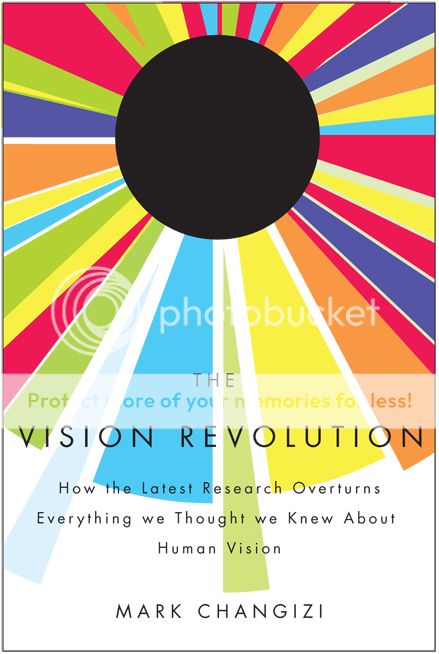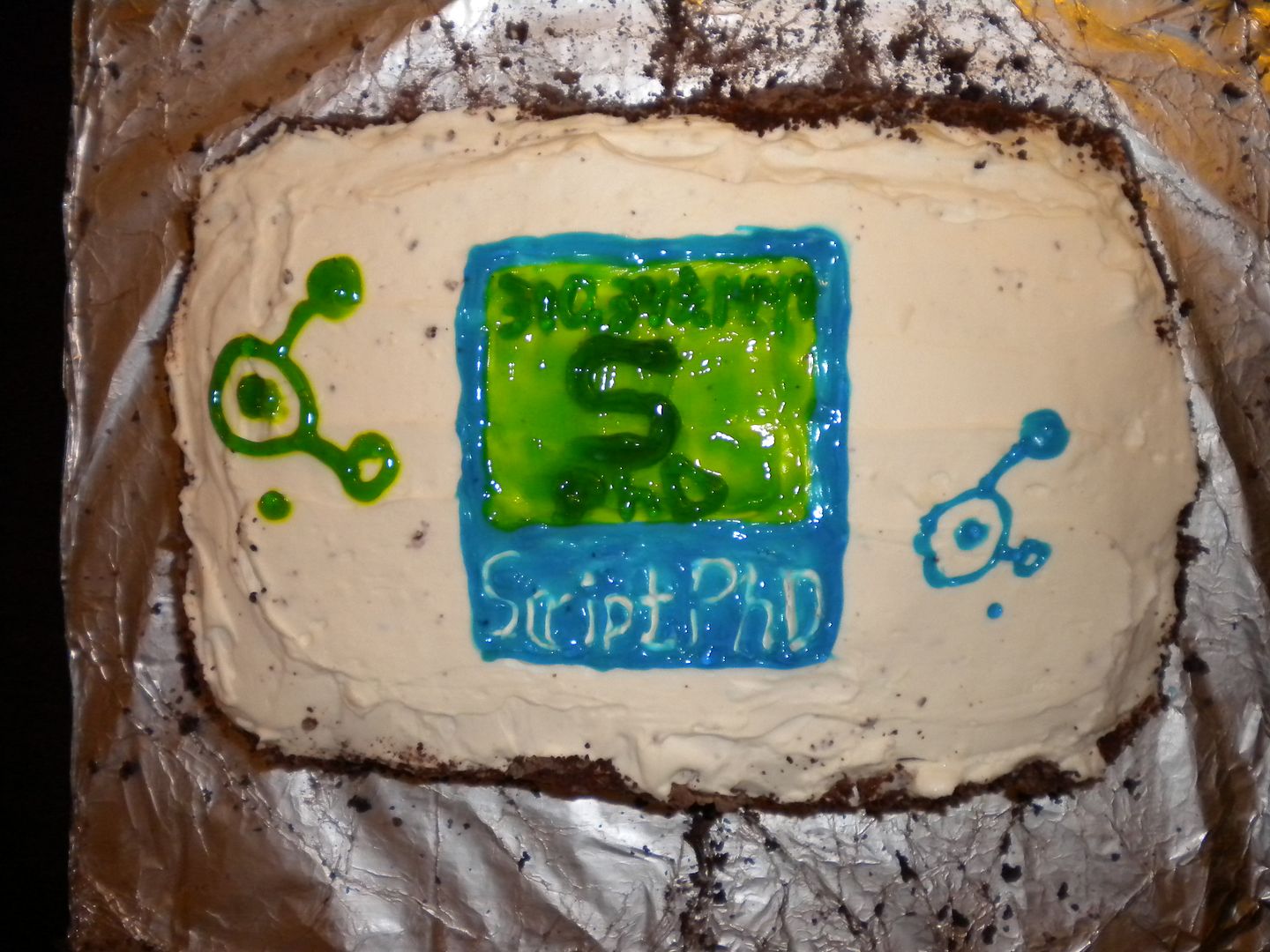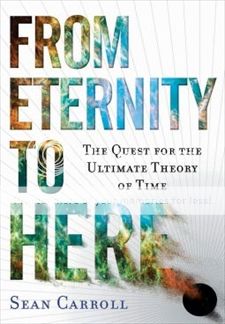Guest Article: The Idea-Monger: No Genius Required by Mark Changizi (Podcast)
May4

The Vision Revolution by Mark Changizi. ©2010 BenBella Books, all rights reserved
Dr. Mark Changizi, a cognitive science researcher, and professor at Rensselaer Polytechnic Institute, is one of the most exciting rising stars of science writing and the neurobiology of popular culture phenomena. His latest book, The Vision Revolution, expounds on the evolution and nuances of the human eye—a meticulously designed, highly precise technological marvel that allows us to have superhuman powers. You heard me right; superhuman! X-ray vision, color telepathy, spirit reading, and even seeing into the future. Dr. Changizi spoke about these ideas, and how they might be applied to everything from sports stars with great hand-eye coordination to modern reading and typeface design with us in ScriptPhD.com’s inaugural audio podcast. He also provides an exclusive teaser for his next book with a guest post on the surprising mindset that makes for creative people. Read Dr. Changizi’s guest post and listen to the podcast under the “continue reading” cut.
Retrospective: ScriptPhD.com Celebrates One Year!
May2

Our official ScriptPhD anniversary cake! We wish we could have saved a slice for all our fans!
One year ago, on today’s date, a new blog named ScriptPhD.com was launched—the first of its kind. What started out as a simple idea, to write about science and technology in entertainment, has evolved and grown beyond our wildest expectations. We have met astronauts. We have hung out with the MythBusters. We have interviewed movie stars and writers. We have engaged scientists, engineers, and doctors into thinking about and discussing science in a completely new perspective. But most importantly, we have expanded our coverage to include media, advertising, and relevant pop culture topics to fully encapsulate the portrayal of science in the messages we collectively absorb. For those that have been faithfully on board since day one and for our newest fans, we wish to extend warm gratitude for the support and encouragement and a retrospective of our best work from the past year. We also share some exciting, ambitious plans for the year ahead, all under the “continue reading” cut!
‘From Eternity to Here’ with Physicist Sean Carroll
May0

Physicist Sean Carroll's new book "From Eternity to Here." ©2010 Dutton Books, all rights reserved.
What is time? How does it work? Why is it immutably unidirectional (moving from the past and towards the future)? And most importantly, why does time exist at all? These are among the preeminent metaphysical questions to date for scientists and laypeople alike. Using the principles of entropy and universe expansion since the Big Bang, cosmologist Sean Carroll (recently profiled in the New York Times) hypothesizes about the arrow of time in a brilliant new book From Eternity to Here: The Quest for the Ultimate Theory of Time. In addition to reviewing the book, ScriptPhD.com’s in-house physics and astronomy guru, Stephen Compson, had an extraordinary opportunity to sit down with Dr. Carroll in his physics lab at Caltech University. In a stunningly in-depth, rich interview, they explored everything from the creation of our universe, to entropy, the time-space continuum, how physics and film intersect, and why the principles in Dr. Carroll’s book are important and topical for the general public to grasp. It’s rare to see this wide-ranging of a discussion on popular physics from such an authoritative researcher, so sit back, enjoy and click “continue reading” for more.
Interview: Digital Footprints of Modern Advertising and Media
May0
Who among us has not computerized our bills, thinking that reducing paper consumption was more Earth-friendly? Or increased accomplishing anything and everything by email that used to be done by snail mail? On a larger scale, media and advertising (and to some degree entertainment) has had the same idea, moving away from traditional print to digital delivery models. At the Sustainable Media Climate Symposium in Manhattan last December, Don Carli spoke about the new and somewhat controversial concept of ‘Tree Washing’ within the advertising and media industries, specifically the notion that modern technology use and methodologies leave a larger carbon footprint than the traditional paper industry:
The video, and idea, caught ScriptPhD.com’s attention in a big way. Mr. Carli, the director of the Institute for Sustainable Communications, has hypothesized extensively about whether digital media is worse for the environment, including a recent white paper about the guilt that this new dilemma has incurred in consumers. Eager to learn more, ScriptPhD.com sat down with Mr. Carli to discuss the technology and environmental challenges presented by modern media and advertising conduits, how technologists and creatives can work in concert with environmental and watchdog organizations to mitigate these challenges as technology continues to evolve in our lives, and why it’s in businesses’ and brands’ best interests to compact carbon footprints. For our complete interview, please click “continue reading.”

















